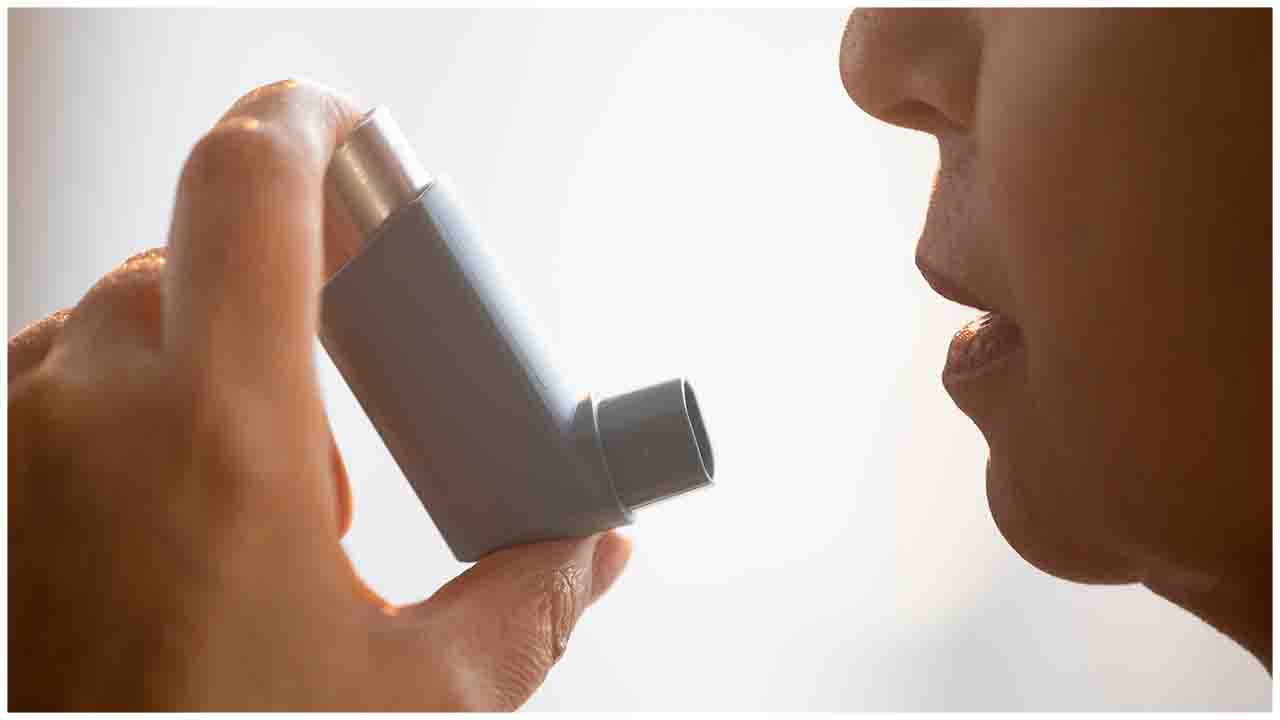Bronchial asthma has not been adequately assessed in coronavirus disease in 2019 (COVID-19). Respiratory allergy is associated with significant reductions in the expression of angiotensin-converting enzyme 2 receptor, which is the entry receptor for COVID-19. Now for the first time in a study published and vetted throws some light on the subject.
Authors of the study, published on November 24 in The Journal of Allergy and Clinical Immunology, said, "We observed lower Covid-19 susceptibility in patients with preexisting asthma" -- meaning asthma patients are less likely to contract the infection.
A total of 37,469 subjects were tested for COVID-19 RT-PCR, and results for 2,266 (6.05%) of them were positive. A significantly higher proportion of smokers was observed in the COVID-19–negative group than in the COVID-19–positive group (4734 [13.45%] vs 103 [4.55%]; P < .001). Asthma was found in 153 (6.75 %) subjects of the COVID-19–positive group and in 3388 (9.62%) subjects of the COVID-19–negative group (P < .001).
No significant impact of antileukotrienes, inhaled corticosteroids, and long-acting beta-blocker use was revealed on COVID-19 positivity proportions. Multiple logistic regression analysis adjusted for sex, age, smoking, and comorbidity revealed a negative association of asthma with the likelihood of being positive for COVID-19 (odds ratio, 0.71; 95% CI, 0.58-0.87; P = .001).
Overall the data states that the existing asthma patients are more prone to be covid negative over the normal healthy individual. Though experts also pointed out, as Asthma patients are doubly concerned about their safety and take necessary precautions due to weak lungs, this may have contributed to the research findings.

 Asthma patients and smokers may have less chance of contracting covid
Asthma patients and smokers may have less chance of contracting covid










.jpeg)

.jpg)


.jpeg)
.jpeg)


.jpeg)
.jpg)





.jpeg)


